Clinical Trials Explained for Translators
(II Edition-2025)
Machine translation, AI-assisted translation? Human review will always be required for all clinical trial documents
Course and coach description
Session 1
Intro: types of clinical studies and regulations
By Ekaterina Chashnikova
Session 1
1.1 What
is a clinical study? Or is it a clinical trial?
1.2 Involved parties
1.3 Study design
1.4 Regulations
1.2 Involved parties
1.3 Study design
1.4 Regulations
Q&A Session
Session 2
GCP and other regulations as resources for translators
By Ekaterina Chashnikova
Session 2
2.1 GCP
2.2 Declaration of Helsinki
2.3 Other regulations
2.4 ClinicalTrials.gov & other databases
2.5 Glossaries and other resources for translators
Q&A Session
2.3 Other regulations
2.4 ClinicalTrials.gov & other databases
2.5 Glossaries and other resources for translators
Q&A Session
Session 3
Clinical
study documents for investigators
By Ekaterina Chashnikova
Session 3
3.1 Clinical study protocol: purpose and main sections
3.2 Clinical study report: purpose and main sections
3.3 Investigator's brochure
3.4 Other documents for study personnel
3.2 Clinical study report: purpose and main sections
3.3 Investigator's brochure
3.4 Other documents for study personnel
Q&A Session
Session 4
Patient-oriented documents
By Ekaterina Chashnikova
Session 4
4.1 ICF & Patient Information Leaflet
4.2 Diaries
4.3 PROs
4.4 Patient card
4.5 Brochures
Q&A Session
4.2 Diaries
4.3 PROs
4.4 Patient card
4.5 Brochures
Q&A Session
Session 5
Data analysis and processing in clinical trials
By Ekaterina Chashnikova
Session 5
5.1 Statistical analysis
5.2 Confidentiality and processing of personal data
5.2 Confidentiality and processing of personal data
Q&A Session
Meet
Ekaterina Chashnikova
Ekaterina is a medical translator for the combination English-Russian and a medical writer.
At the 4th year of pharmacy school, she started translating medical publications to earn some money and fell in love with translation. She later studied linguistics and translation in a 2-year university program for specialized translators.
She worked for 2,5 years as a project manager in translation agencies and became a freelancer by the end of 2010. She currently works as a writer in a medical communications agency and as a translator for pharmaceutical companies and translation agencies.
Ekaterina worked as an AI trainer and delivered webinars about online AI tools for linguists. She moderated a medical writing track at a ChatGPT hackathon in April 2023.
Over the years, she spoke at translation conferences and kept a blog about medical and pharmaceutical translation. She continues sharing her knowledge and expertise and is building a community of medical translators and writers around mymedpharm.info, a hub of internet resources and knowledge.
Last but not least, Ekaterina does volunteer translations and revisions for “Future actually”.
At the 4th year of pharmacy school, she started translating medical publications to earn some money and fell in love with translation. She later studied linguistics and translation in a 2-year university program for specialized translators.
She worked for 2,5 years as a project manager in translation agencies and became a freelancer by the end of 2010. She currently works as a writer in a medical communications agency and as a translator for pharmaceutical companies and translation agencies.
Ekaterina worked as an AI trainer and delivered webinars about online AI tools for linguists. She moderated a medical writing track at a ChatGPT hackathon in April 2023.
Over the years, she spoke at translation conferences and kept a blog about medical and pharmaceutical translation. She continues sharing her knowledge and expertise and is building a community of medical translators and writers around mymedpharm.info, a hub of internet resources and knowledge.
Last but not least, Ekaterina does volunteer translations and revisions for “Future actually”.





